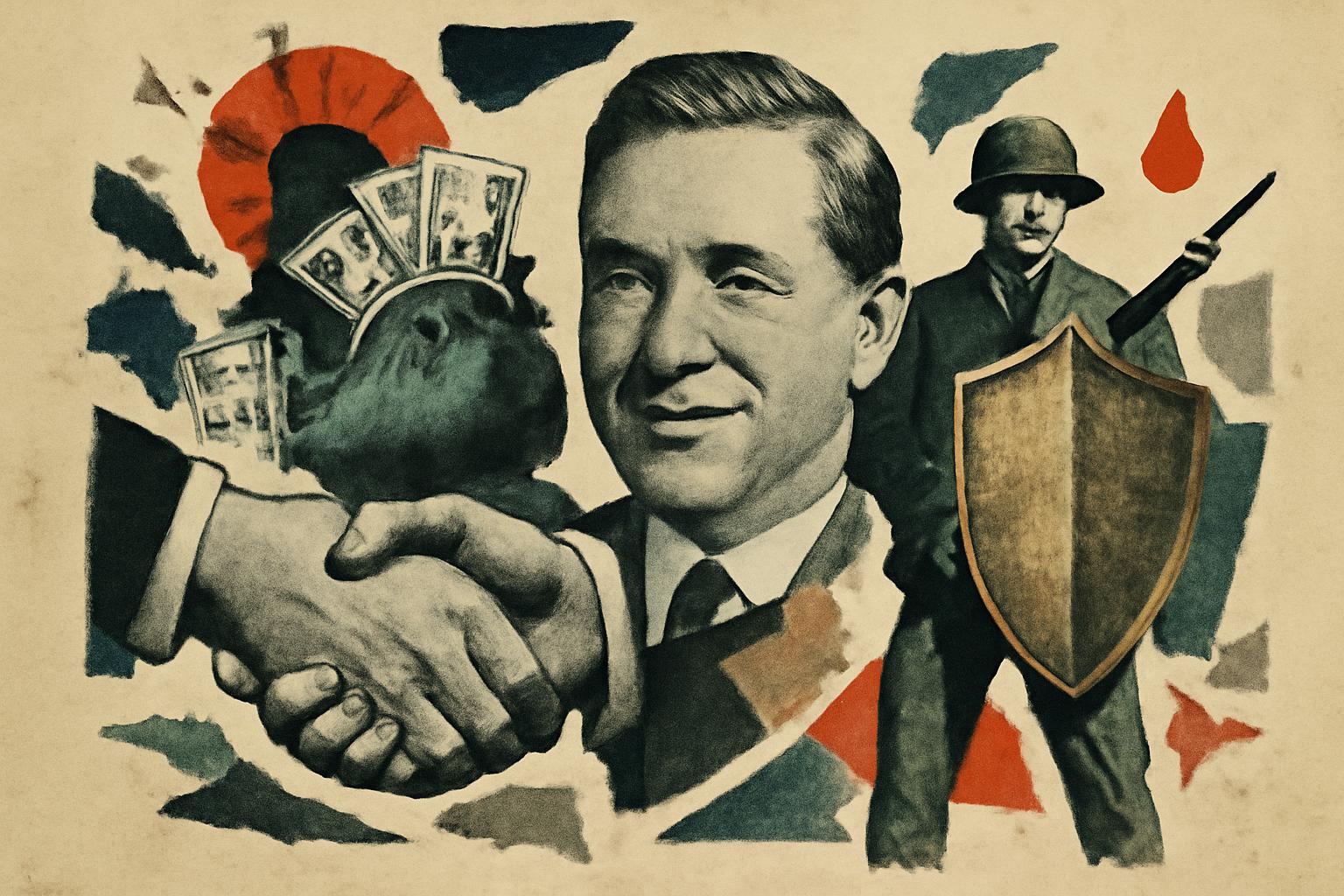The sight of a billion-euro bet on ammunition, lined up with Bulgaria’s politics and Europe’s defense drumbeat, is the naked fruit of a system that uses force to pick winners. When politicians bless joint ventures and “defense” supply chains, the market ceases to be a realm of voluntary exchange and becomes a mechanism for redistributing others’ wealth into the hands of favored firms. This is not safety; it is crony capitalism wearing a uniform.
Hayek would call this out as the knowledge problem in action. Central planners—in this case, state procurement, subsidies, and the promise of guaranteed demand—think they can marshal resources better than countless dispersed buyers and sellers who are guided by price signals and local information. But prices don’t lie. If the demand for civilian goods, infrastructure, or peaceful innovation were allowed to breathe, the market would allocate resources to what people actually value, not to what a government committee imagines it should be defending. The enormous expansion of an arms plant and the state-backed deals with NATO-aligned players show how the state substitutes its own ignorance for the tacit knowledge of countless buyers, sellers, and entrepreneurs. The result is waste, distortions, and a creeping militarization of the economy.
Nozick would insist that the legitimate role of the state is to protect rights, not to manufacture or subsidize coercive power. Taxation to fund a vast arms-industrial complex is, in his ledger, an unwarranted expansion of state force that benefits some private interests at the expense of others. The night-watchman view—minimize the state, maximize voluntary interactions—would demand that defense be funded only by consent and private arrangements, not by coercive extraction. When the state declares itself the guarantor of security and then channels that power into profitable partnerships with big firms, it smuggles privilege into the market and corrodes the very rights it pretends to defend.
Rand would seize on the moral core: the ethics of voluntary exchange and the rejection of sacrificing others for the sake of “defense.” A free society does not fund violence by coercion; it honors individual rights and property, and it trusts peaceful, reciprocal arrangements to protect lives and livelihoods. The current arrangement—state purchases, international alignments, and publicly celebrated arms production—embeds coercion into commerce and turns defense into a perpetual subsidy for a war-ready economy. That is not virtue; it is the triumph of force over choice.
If we were to apply a genuinely libertarian alternative, it would be drastic: roll back the state’s reach in defense, end compulsory defense spending, and unleash private defense markets grounded in voluntary agreements and robust property rights. Defense could be provided, if at all, by competitive, voluntary private agencies funded by those who choose to contract for protection or by associations of individuals preferring mutual defense. Prices, competition, and the profit motive would reveal the true needs of people and communities far more reliably than a politics-driven arms program. Hayek’s dispersed knowledge would guide resources toward what people value, not toward what the political class pretends to need. Nozick’s rights-rule would reject coerced taxation for corporate boons and would favor protective arrangements chosen by consenting individuals. Rand’s moral capitalism would insist that wealth be earned, not coerced, and that it be used to sustain a peaceful, prosperous life rather than to perpetuate a state-backed war economy.
Let the defense of rights be achieved through voluntary, individualized arrangements, not through forcible extraction and state-driven industrial booms. The only sustainable path to a just and prosperous society is to limit the state, unleash the market, and let freedom arbitrate the allocation of resources—the very process Hayek, Nozick, and Rand argued would safeguard human flourishing far more reliably than any armored-industrial complex.
